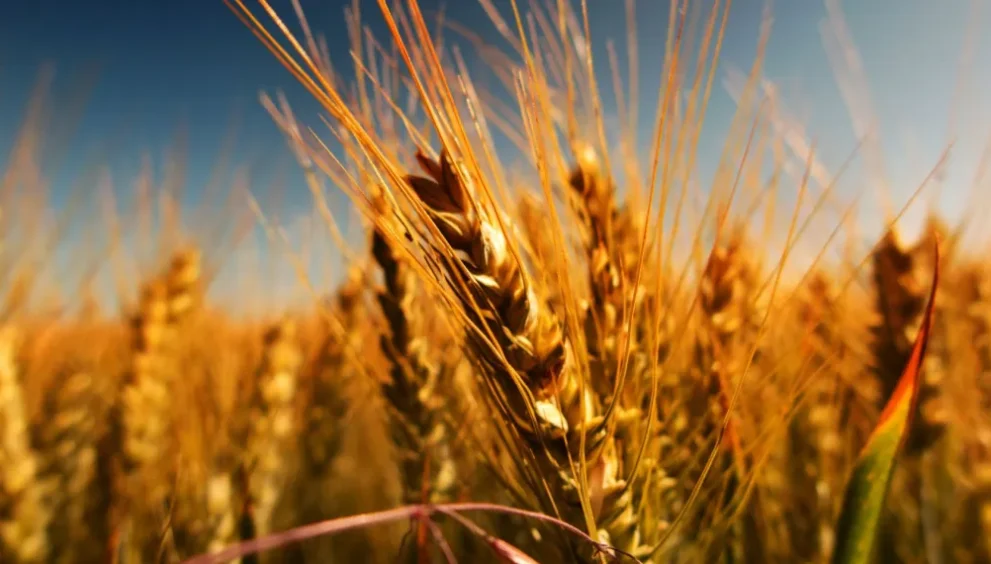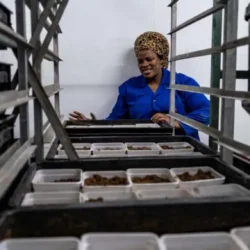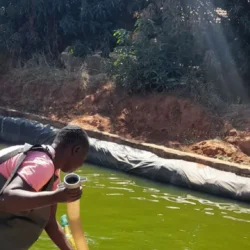Drought hit hard last season, with maize and soybean prices spiking by 20%. At Sacota’s annual general meeting, industry leaders discussed the importance of imports and collaboration with government to keep food costs manageable and protect food security
The South African Cereals and Oilseeds Trade Association (Sacota) held their annual general meeting in Pretoria recently. The association has 31 members who collectively handle approximately 85% of South Africa’s commercial grain and oilseed trade, including imports and exports.
The meeting zoomed into the commodities’ challenges such as weather patterns, logistics, operational costs, and solutions to deal with them.
The executive director of Sacota, Dr André van der Vyver, emphasised the importance of working together as one team for the benefit of all South Africans.
Impact of drought on grain prices
Van der Vyver said a record number of 150 participants, representing all member companies, government, and several industry guests, attended the meeting.
“One reason for their interest is that due to the drought last season, South Africans have seen sharp increases in the price of maize and soybeans. This is despite lower international prices and a stronger Rand. Prices increased by approximately 20% between January and May 2024 and although prices pulled back somewhat from their highs, it is not impossible that we see another spike.
“This will depend on local demand and demand from neighbouring countries who were also affected by the drought. Another factor is the final size of the crop for which the harvest was completed in August 2024. Some maize and soybeans are still being stored on-farm, which makes it difficult to finalise the number,” he said.
In his address, the chairperson of Sacota, Dr Konrad Keyser, highlighted the importance of easy access to imports.
Sacota’s multi-international trading members have already imported nine vessels of maize totalling 205 000 tons, as well as soybean cake, with more imports on the way.
“The National Agricultural Marketing Council (NAMC) estimates maize imports to be 383 000 tons, while some private estimates are even higher. If not for these imports, food security would have been under threat and prices much higher,” he said.
Looking at imports
The guest speaker, Prof. André Jooste, a council member of the NAMC, discussed the role of the NAMC, the department of agriculture, and the industry in ministerial and government policy. With the current dependence on imports, the topic could not have come at a better time. He emphasised the importance of proactive engagements between the industry and government (regulators).
“Opening the South African market to cost-effective imports from the most competitive exporting countries is crucial to curtail food inflation in the grain and oilseed industry as well as secondary industries such as the broiler industry. The latter is the cheapest form of animal protein.
“Maize and soybean cake comprise approximately 80% of their input cost. Currently, the preferred suppliers are Argentina, Brazil and the United States of America.,” Jooste said.
Sacota’s award for recognition of a lifetime of dedicated service to the grains and oilseeds industry was presented to Cobus du Plessis who recently retired from KaapAgri as head of grain trading.
Participants commented that the meeting had provided a valuable platform to initiate and establish ties for future cooperation.




